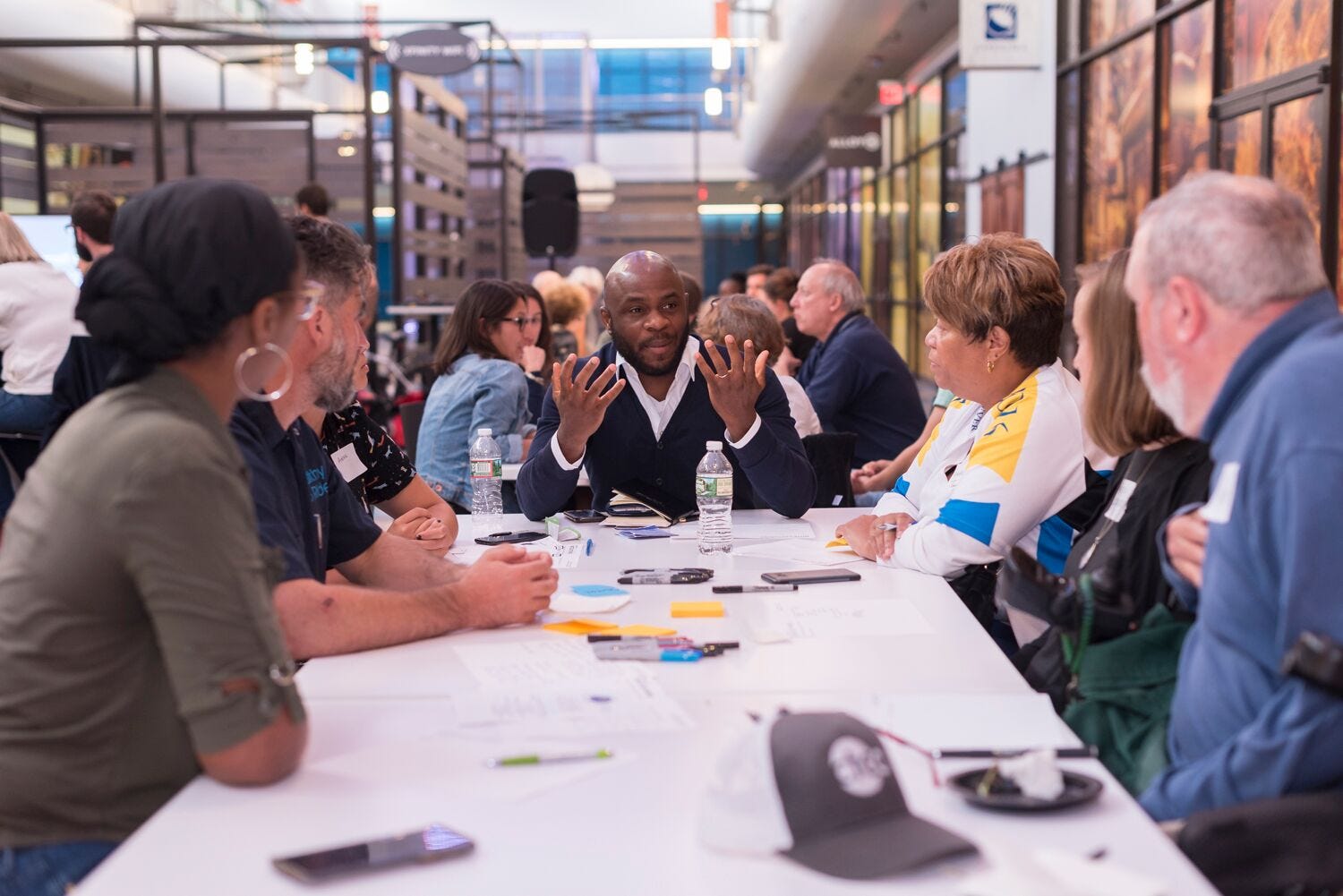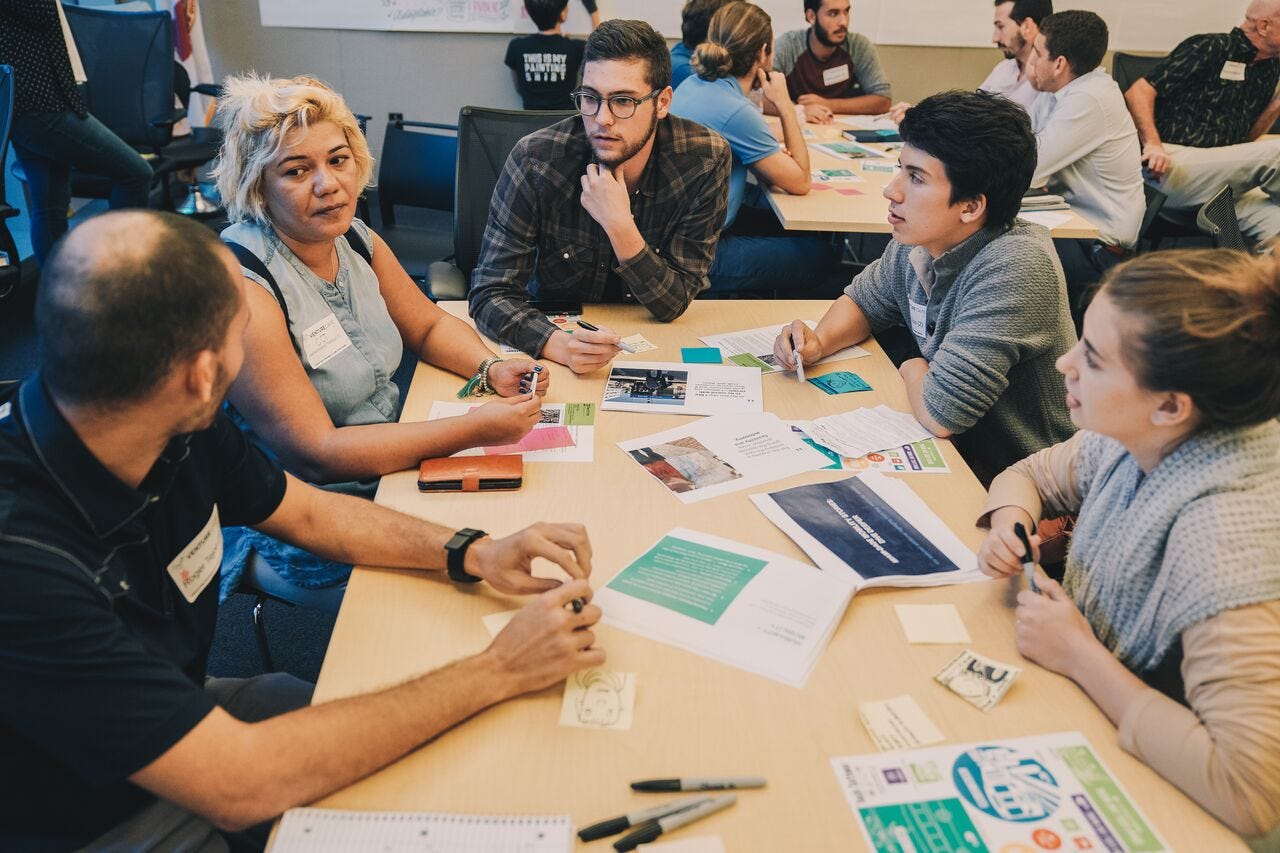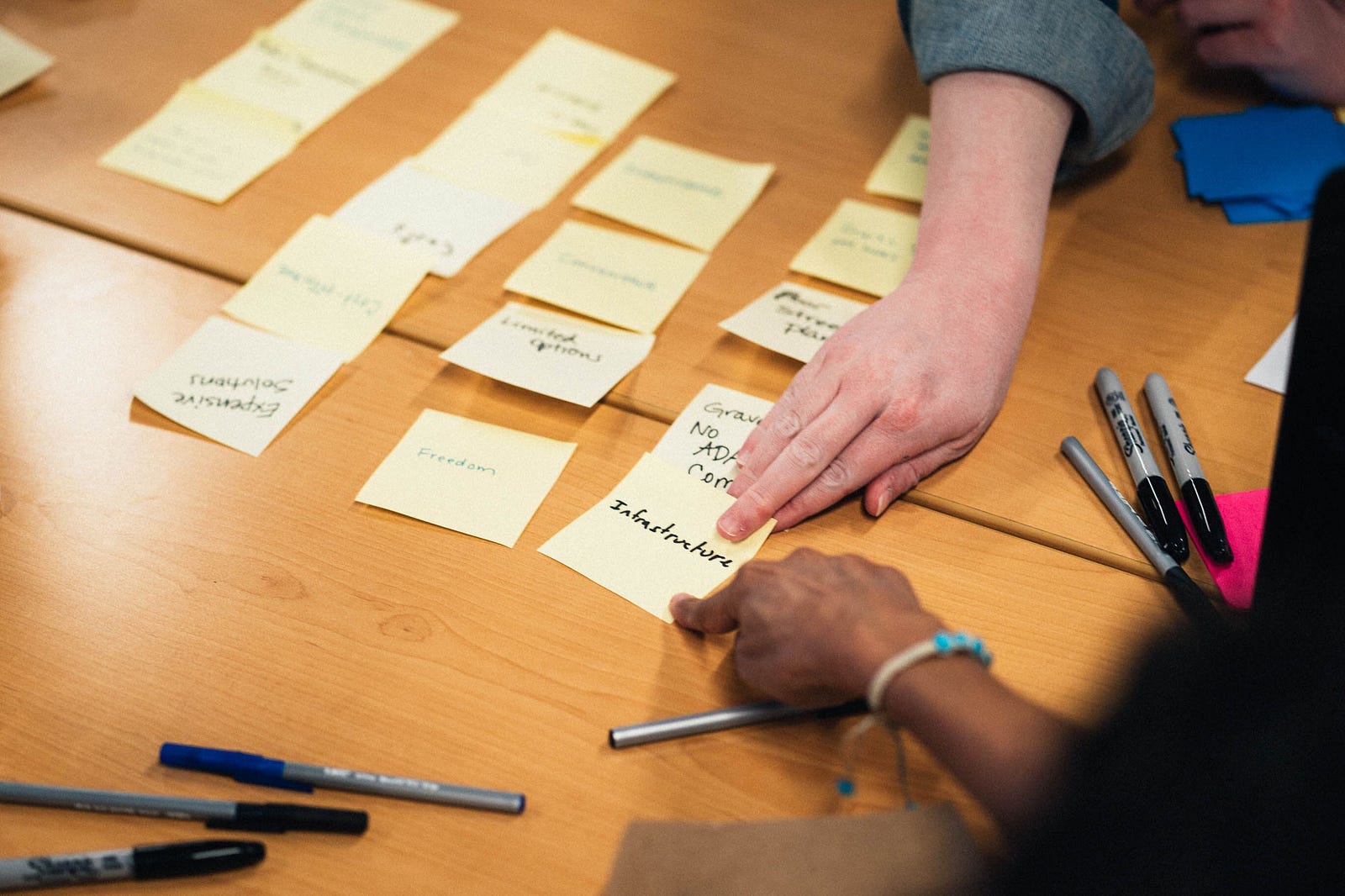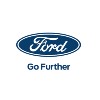Ford Expands City:One Challenge Program to Austin, Detroit and Indianapolis
By Brett Wheatley, Vice President of Mobility Marketing & Growth, Ford Motor Company

A few years ago, Saravana “Pat” Bhava was shocked to realize he had driven away from his daughter’s school with an unknown student in the backseat — a student a teacher mistakenly sent to his car instead of his own daughter.
This shocking experience may be an extreme example, but it turned his attention to the frustrations millions of parents face each day trying to keep up with their kids’ busy schedules — from routine 45-minute waits to pick up kids to teachers trying to coordinate student departures with megaphones or post-it notes.
So, Pat created Pikmykid, a mobile app that makes it easier for schools and parents to communicate and coordinate the transportation of students. With Pikmykid, the service works with schools to set up a geofenced zone. Any time a registered phone enters the school zone, teachers receive notifications in their classroom telling them whose parent has arrived and students safely are released to go home. When students arrive at school, teachers who mark attendance can simultaneously send notifications to parents letting them know their kids are in class.
Pat’s creation was just one of the solutions uncovered by Miami-Dade County officials and residents participating in Ford’s City:One Challenge — which launched in 2018 to help cities tackle transportation issues with community-centered design. Through the Challenge process, the group of city officials and community members identified school-aged transportation as a key issue and selected Pikmykid as a winner of $50,000 to help the pilot the service this year. After successfully pitching his proposal through the Challenge, Pat’s creation is now getting ready for a test run in up to 10 schools.

This type of success — identifying the unique mobility challenges of a city and helping uncover targeted solutions — encouraged our team to expand the Challenge platform beyond the 2018 cities of Miami-Dade, Pittsburgh and Grand Rapids, Michigan. This year, it will take place in Detroit’s burgeoning Corktown neighborhood, Indianapolis and Austin, Texas. The Challenge also will expand internationally later this year.
At Ford, we believe that when we fix transportation problems for one person, we can solve larger problems that affect the entire city to create greater access for everyone. This is what we call City:One. Pat is the perfect example of this approach to solving our biggest mobility challenges. Pat invented a solution for a problem he was experiencing as an individual and, as a result, ended up solving a problem for entire communities.
This belief underpins our approach to city challenges as well. We put people first by starting with insights from the individual. We put community first by designing with the neighborhood’s perspective at heart. And we put the city first by integrating local agencies and departments in everything we do.
During the eight-month Challenge program, those who live, work and play in their cities are invited to explore dynamic mobility options, including making the city’s streets more walkable and bike-friendly, extending the use of information that transportation systems provide and enabling smart transportation choices. The City:One Challenge also includes a prize of up to $100,000 to fund pilots that test the best proposals in a real-world setting.

Last year, we teamed up with Dell Technologies, Microsoft and AT&T to launch the Challenge program. We also worked closely with the Pittsburg Department of Mobility Infrastructure, Miami-Dade County Department of Transportation and Public Works, and the Grand Rapids, Michigan Mobile GR Department.
These Challenges are at the foundation of our efforts to identify opportunities to improve the way residents and visitors move around cities. It’s how we bring together residents, communities and businesses to collaborate together and reimagine how public spaces can best serve all residents.
In 2019, we have expanded the Challenge program to include even more community input, to allow further consideration of the unique aspects of each community and to help shape the challenges that are explored. We also are expanding the National Street Service community engagement pilot project — created in 2017 by Ford’s Greenfield Labs in conjunction with Gehl — into a full-fledged program called City:One Streets. This program will provide cities a more approachable way to engage their residents in re-imagining how streets or public spaces can be designed and used.
From child safety to rethinking how we use our streets, we were able to drive a wide range of discussions through rewarding and inspiring community engagement in the first year of our Challenge program. And we are looking forward to building on this innovation with our next Challenge cities.
If you live in Austin, Detroit or Indianapolis, we’ll have more to say soon about how to get involved in this year’s challenges. In ways big and small, we’re looking to start new conversations about how we can all take action to improve our cities.
